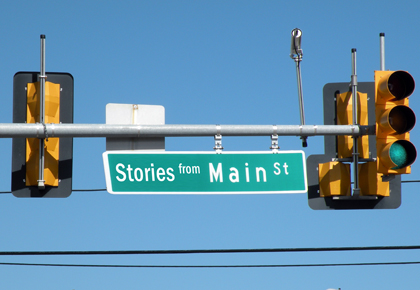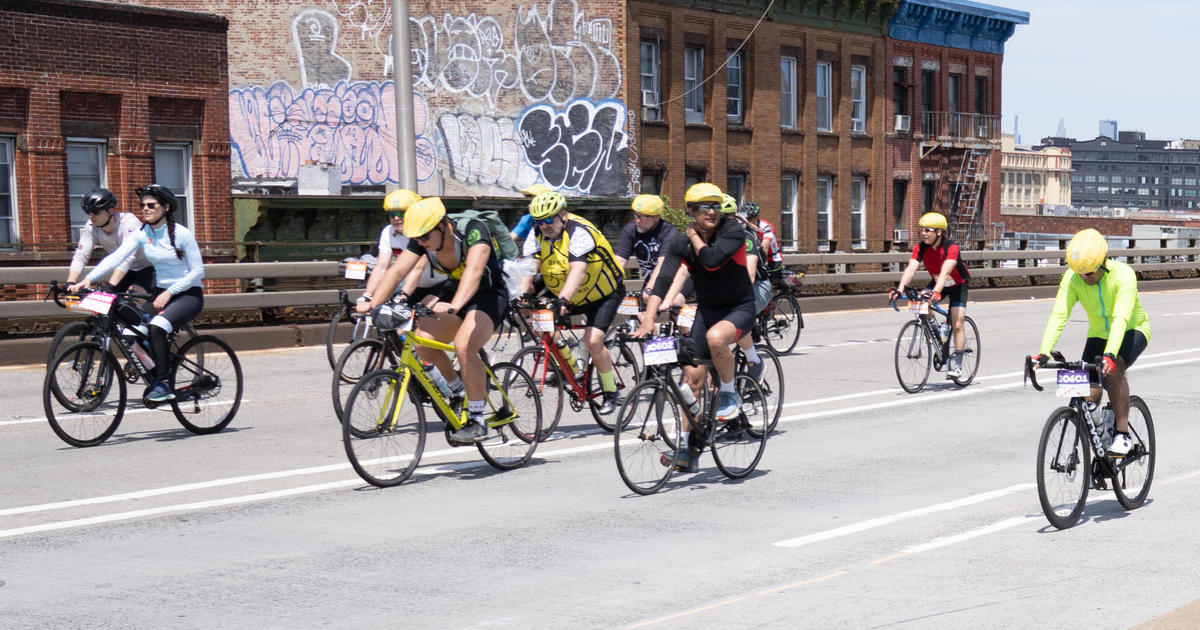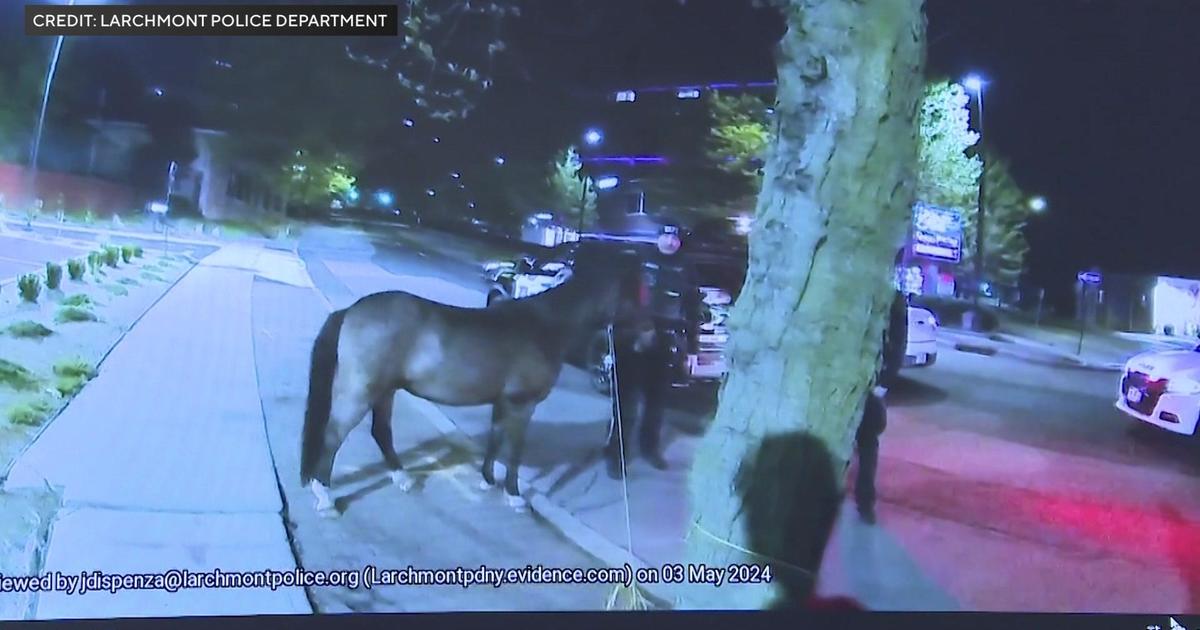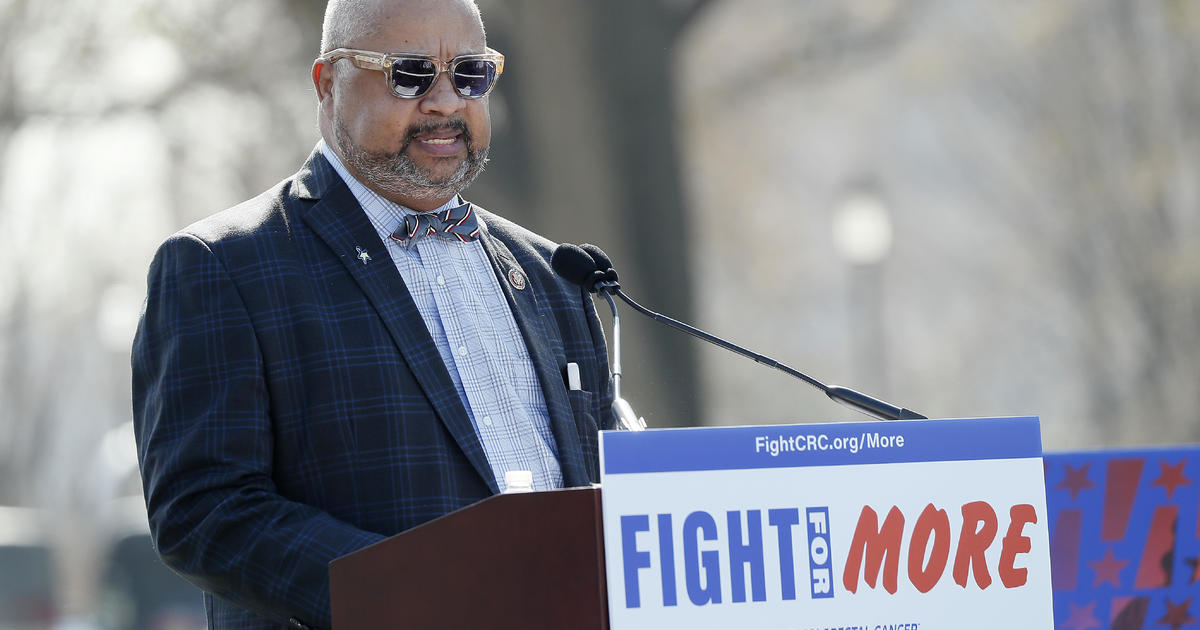Stories From Main Street: Nets Sportscaster Opens Up About Living With Muscular Dystrophy
MARLBORO, NJ (WCBS 880) - Listening to Chris Carrino, the radio voice for the New Jersey Nets, you would never know he has a progressive muscle weakening disease.
"FSHD stands for facioscapulohumeral dystrophy. It's a type of muscular dystrophy, It's actually the most prevalent form," says Carrino.
WCBS 880's Sean Adams with Chris Carrino
Podcast
Carrino is 40-years-old. His gait is a little awkward and a little slow.
He was diagnosed in college.
"It was surprising to me when I first learned in my early 20s that I had muscular dystrophy. Wait a minute. That's not what I see in the Jerry Lewis telethon. That's those poor young children who have this life-threatening disease," says Carrino. "There's no treatment [for FSHD]. There's no cure. There's no prescription that they can write for you."
RELATED: More Stories from Main Street
For years, he kept quiet.
"In the field that we're in, you just never want to be perceived as different in any way," Carrino told WCBS 880 reporter Sean Adams.
But now, with the full support of the Nets, he has gone public and started a foundation for FSHD.
LINK: The Chris Carrino Foundation for FSHD
"It's a very difficult disease to explain. So, if people understand what it is, it makes it easier for those who have it and it makes it easier for us to go out and try and raise money to do the kind of things we do," says Carrino.
He says most people are more familiar with Duchenne muscular dystrophy and the Jerry Lewis telethon.
Muscular Dystrophy Association spokesman Jim Brown says there are about 21,500 to 40,000 people in the United States diagnosed with FSHD, which is slightly higher than the number of ALS patients (15,000 to 40,000).
FSHD research desperately needs funding.
"There was some great breakthroughs, scientific breakthroughs, this past summer that were announced as far as really targeting the gene that's causing the problem," says Carrino. "That was the first time I really went... to feeling like there was some kind of hope that, not just that we can treat it or something, but that we could actually cure it. I think big like that."
Much like the athletes he covers, Carrino doesn't give up.
"What I realized was, and when I first got diagnosed, was, 'You know what, okay, what can I do? There's nothing I can do medically. I'm not gonna let this stop me and I'm gonna still go after my dreams of being a sportscaster, of having a family, and I've accomplished those things and now I'm able to go out and try and help other people," says Carrino.
Carrino says, "I hope that our foundation will be no longer useful after about ten years. That would be great."




